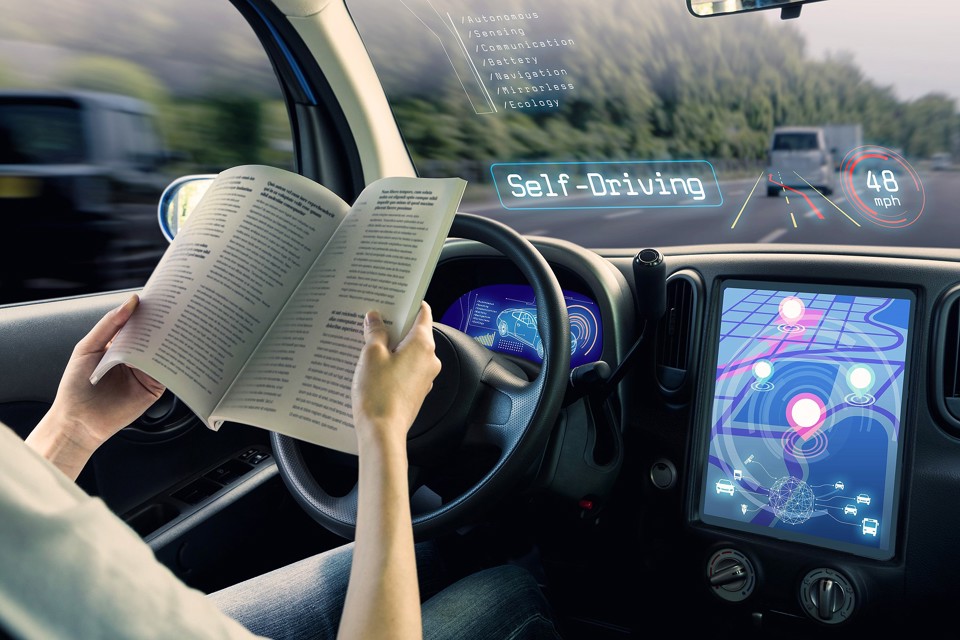A new study from Capegemini Research Institute has advised dealers on the sale of autonomous vehicles, and suggested that removing the fear will increase customer interest in future.
The study of 5,538 global consumers “The Autonomous Car: A Consumer Perspective” revealed that over half of consumers (56%) say they would be willing to pay up to 20% more for an autonomous vehicle over a standard one in the five years' time.
Capgemini’s global head of automotive Markus Winkler said: “Our report shows a high level of optimism and excitement among potential autonomous vehicle users. Most conversation to date has focused on the technological evolution of driverless cars – so it’s hugely encouraging to see the potential benefits that the technology enables are resonating with future passengers.
“Customer expectations of in-car experiences will not only impact the automotive industry but other industries like media and entertainment, retail, and healthcare as well, paving the way for a plethora of collaborative business opportunities.
“However, a degree of uncertainty and concern remains, and auto companies must consider the expectations and fears of their future customers while transforming their own operations from a heavy product focus to services and customer orientation, as they bring autonomous vehicles to the market."
Capgemini identified four key areas of focus to accelerate the journey towards an autonomous future:
- Keep the customer informed: from the consumer’s perception, the car is now moving from a means of transportation to a quasi-personal assistant. This shift places a significant burden of responsibility on the auto company to be candid about the capabilities of the vehicle and avoid any risk of misrepresentation, it said.
- Understand and reassure: the study showed that consumers have a clear view on the experience they expect from a self-driving car. Auto companies would do well to understand consumer expectations and bake them into the design process itself, while also investing in, and communicating, the safety and security elements of the vehicles, it said.
- Build an ecosystem of services: expectations around the potential for driverless cars highlights a clear need for automotive companies to expand their scope of consumer offerings. It said consumers expect a wide variety of experiences inside the car ranging from entertainment, work and health services. Delivering these experiences and to convert them to into business opportunities will require automotive companies to partner with a new set of technology, content and commerce players in order to create an entire ecosystem of services.
- Software investment: as an industrialized sector, heavily transforming, automotive companies need to integrate autonomous into their overall company strategy across all divisions of their business. This can only be achieved by developing software competencies which requires the upskilling of the workforce and the development of new partnerships to ensure digital mastery across different business functions.
The Capgemini Research Institute conducted a survey of 5,538 consumers across six countries in Europe, North America, and Asia in December 2018. 280 executives from OEMs, suppliers, and tech companies were also surveyed. It also conducted interviews with industry leaders, examining what consumers want from self-driving cars and how organizations can give it to them. The full report is here
- For more insight into the technology and retailing of next decade, attend the Automotive Retail Congress on May 21. More details are here.















Login to comment
Comments
No comments have been made yet.